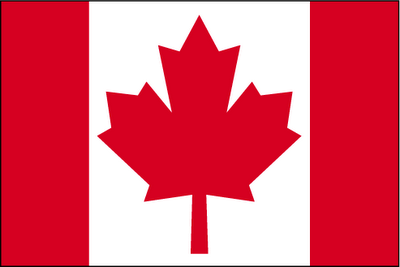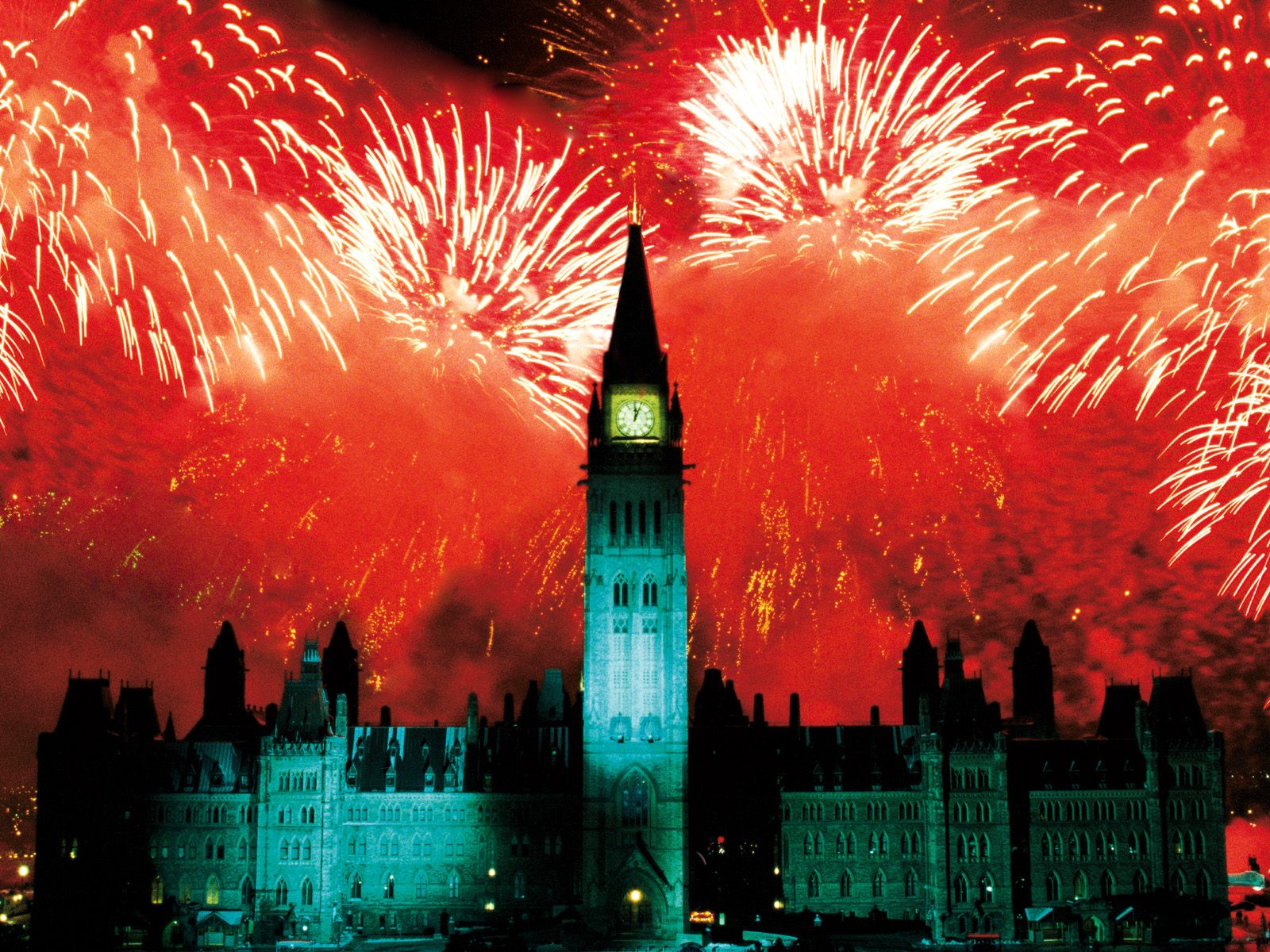A Short History Lesson
Canada Day is celebrated on July 1st every year in Canada.As Americans, many of us know little about this holiday and what it represents. For Phoenix, Arizona friends and immigrants, may you have a wonderful Canada Day, and Americans please express your good wishes to the Canadians you know.
Canada Day is celebrated on July 1st every year in Canada.

As Americans, many of us know little about this holiday and what it represents. For Phoenix, Arizona friends and immigrants, may you have a wonderful Canada Day, and Americans please express your good wishes to the Canadians you know.
Don't forget to give a bit of cheer and praises to your Canadian friends or neighbors on the first day of July. Canada Day is a holiday many American don't know about, so here are the basics.
Canadians celebrate this day - which was formerly Dominion Day, Canadian national holiday, is celebrated July 1 - with parades and picnics, somewhat similar to Fourth of July festivities in the United States. It is frequently referred to as "Canada's birthday", although this title is particularly used in the popular press.
It is not a Christian or Pagan holiday,and has no direct religious significance.
Historically this day was made official when The British North America Act went into effect on July 1, 1867. This finalized the unification of Upper Canada (now called Ontario), Lower Canada (now Quebec), New Brunswick, and Nova Scotia into a British dominion.
On June 20, 1868, a royal proclamation was issued asking for Canadians to celebrate the anniversary of the confederation. However, most recognize that the holiday was not established statutorily until 1879.
Canada became a kingdom in its own right on that date, but the British Parliament kept limited rights of political control over the new country that were shed by stages over the years until the last vestiges were surrendered in 1982 when the Constitution Act patriated the Canadian constitution.
Under the federal Holidays Act, Canada Day is observed on July 1 unless that date falls on a Sunday, in which case July 2 is the statutory holiday, although celebratory events generally take place on July 1 even though it is not the legal holiday. If it falls on a Saturday, the following Monday is generally also a day off for those businesses ordinarily closed on Saturdays.
As Americans many of us probably do not know much about this holiday, or how important it may be to our Canadian friends and immigrants.
And for those who don't know much about this holiday, here is brief compilation of some of the more interesting facts and important things to know about this Canadian national celebration.
A proclamation signed by the Governor General on June 20, 1868, asked all Canadians to join in the celebration of the anniversary of the uniting of Upper and Lower Canada, New Brunswick, and Nova Scotia as the dominion of Canada on July 1st, 1867.
The British North America Act proclaimed "one Dominion under the name of Canada," hence the original title of the holiday, "Dominion Day", which was established by statute in 1879.
After the original declaration, there is no record of organized ceremonies until 1917. This was the 50th anniversary of Confederation.
In 1917, the new Centre Block of the Parliament Buildings was dedicated as a memorial to the Fathers of Confederation and to the bravery of Canadians fighting in World War I.
On July 1st, 1923, the Canadian government enacted the Chinese Immigration Act, stopping all immigration from China. Chinese-Canadians began to refer to July 1 as Humiliation Day and refused to participate in Dominion Day celebrations, until the act was repealed in 1947.
A celebration was held on Canada Day in 1927 to mark the Diamond Jubilee of Confederation. The celebration featured the Governor General laying the cornerstone of the Confederation Building, and the inauguration of the Carillon in the Peace Tower.
Since 1958, the Canadian government has arranged for an annual observance of Canada's national day with the Secretary of State of Canada in charge of the coordination. There is a Trooping the Colours ceremony on the lawn of Parliament Hill in the afternoon, a sunset ceremony in the evening followed by a mass band concert and fireworks display.
On Canada's Centennial in 1967, Her Majesty Queen Elizabeth II attended the celebrations on Parliament Hill in Ottawa.
In 1980, the National Committee (the federal government organization charged with planning Canada's Birthday celebrations) sponsored the development of local Canada Day celebrations all across the country. "Seed money" was distributed to promote activities organized by volunteer groups.
On October 27, 1982, July 1st which was known as "Dominion Day" became "Canada Day".
There is a Celebrate Canada Committee in each province and territory. They provide Canadians the opportunity to share their pride in their country, especially on Canada Day.
The province of Newfoundland and Labrador recognizes July 1 as Memorial Day, to commemorate the Newfoundland Regiment's heavy losses during the first day of the Battle of the Somme in 1916.
Since the 1950's, the cross-border cousin-cities of Detroit, Michigan, and Windsor, Ontario, have celebrated Canada Day and the United States' Independence Day with the International Freedom Festival. A massive fireworks display is held each year, with fireworks exploding over the Detroit River, the strait that separates the two cities by less than one mile.
Moving Day (French: Journée du déménagement) is a tradition in the province of Quebec. The province had passed a law preventing landlords from evicting tenants during the cold winter months. The vast majority of leases in Quebec are a year long and begin around July 1. In 2004, approximately 120,000 households moved on or around July 1.
Under the federal Holidays Act, Canada Day is observed on July 1 unless that date falls on a Sunday, in which case July 2 is the statutory holiday. If it falls on a Saturday, the following Monday is generally also a day off for those businesses ordinarily closed on Saturdays. Festivals and celebrations generally take place on July 1 even though it is not the legal holiday.
Some famous people born on Canada day: Pamela Anderson, Dan Akroyd, Lady Diana the Princess of Wales, Missy Elliott, Jamie Farr, Rod Gilbert, Debbie Harry, Olivia de Havilland, Estee Lauder, Carl Lewis, Sydney Pollack, Alan Ruck, and Liv Tyler.
Pagans, Christians and Americans in general, owe it to our immigrant Canadians, and our northerly neighbor Canada to at least be respectful and know a bit about this important holiday. Hope this article is informative for all readers.

thank you
ReplyDeleteHappy Canada Day had great fireworks this year that fly above lake ontario and light up the city. It was nice you featured our holiday
thank you
This week I even wrote a Haiku for a Moose.
ReplyDelete